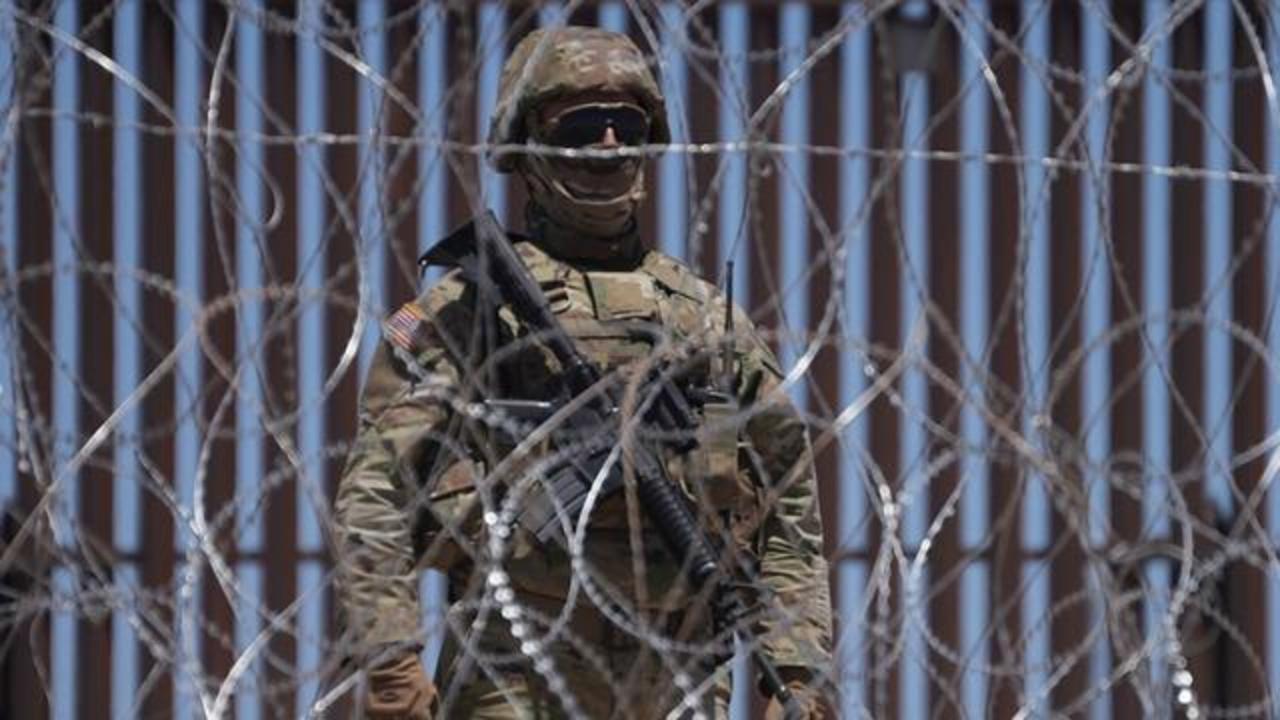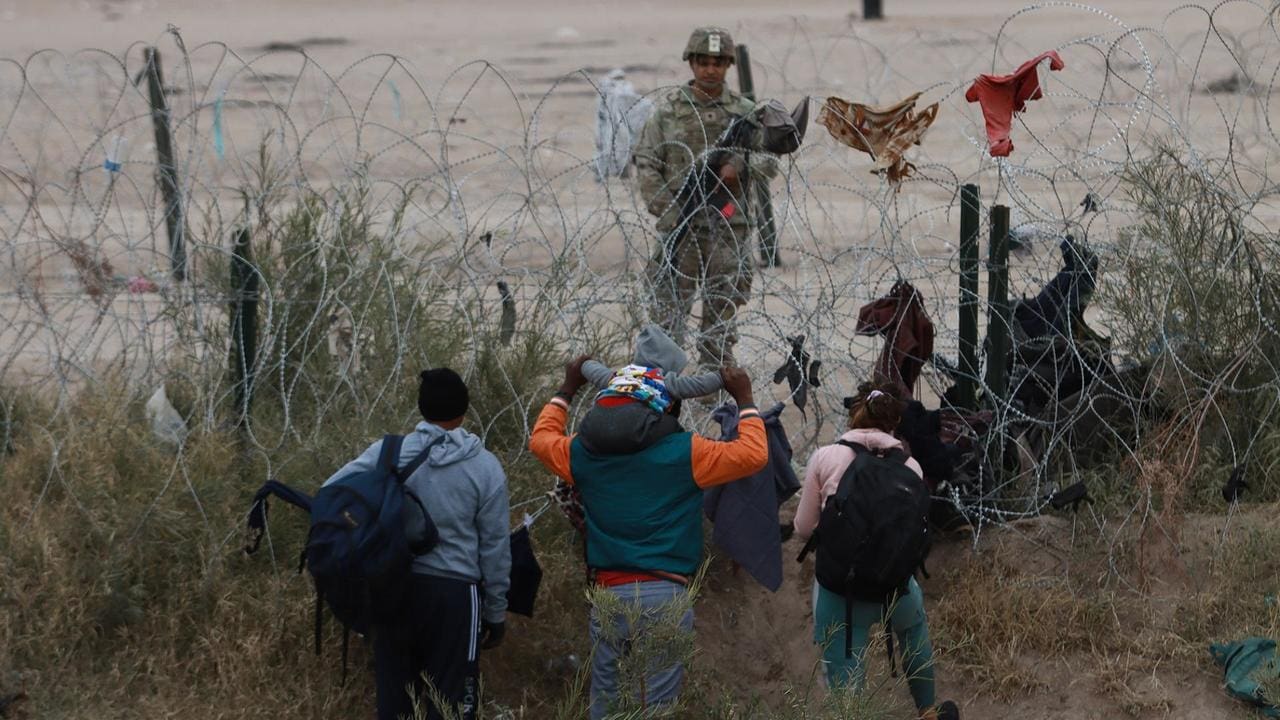The Supreme Court has granted permission for US Border Patrol agents to dismantle razor wire installed as part of Texas Governor Greg Abbott’s border security initiative. This decision, reached by a narrow 5-4 vote, marks a significant win for President Joe Biden in the ongoing clash with Abbott over border policies.
The order comes amidst heightened tensions following the drowning of three migrants in a section of the Rio Grande blocked by state officials, prompting urgent intervention from the administration.
A federal appeals court had previously directed Border Patrol agents to cease removing razor wire along a small stretch of the Rio Grande, pending ongoing court proceedings. The Justice Department sought emergency relief from the Supreme Court, leading to the removal of the appeals court order on Monday.
Justices Clarence Thomas, Samuel Alito, Neil Gorsuch, and Brett Kavanaugh dissented, expressing their preference to uphold the lower court’s injunction.
While the decision favors the Biden administration, legal analysts, including CNN Supreme Court analyst Steve Vladeck, emphasize the delayed issuance of the order, raising concerns about the stability of constitutional federalism principles.
Vladeck cautions against allowing states to obstruct federal law enforcement, potentially setting a precedent for future challenges.
White House spokesperson Angelo Fernández Hernández applauded the Supreme Court’s action, stating it enables frontline personnel to address urgent humanitarian situations and enforce laws. In contrast, Texas Governor Abbott’s spokesman, Andrew Mahaleris, argued that the absence of razor wire encourages unsafe and illegal border crossings, vowing to defend the state’s constitutional authority to secure the border.

The Department of Homeland Security welcomed the Supreme Court’s order, emphasizing that immigration law enforcement is a federal responsibility.
The Biden administration’s legal argument centered on the Supremacy Clause, contending that Texas’s position would allow states nationwide to impede federal authority. Solicitor General Elizabeth Prelogar warned that maintaining the injunction would hinder Border Patrol agents, affecting immigration law enforcement and posing risks of injury and death.
The ongoing legal battle revolves around Texas’s claim that cutting the concertina wire installed on the Rio Grande banks by Border Patrol agents constitutes illegal destruction of state property. The 5th Circuit is set to hear oral arguments on February 7, exploring the federal government’s authority to cut the wire.
Texas had urged the Supreme Court to reject the administration’s request, arguing against intervention and emphasizing the expedited review by the appeals court.

Despite this legal dispute, the White House reiterates its call for comprehensive immigration reform, urging Congress to address urgent challenges at the US-Mexico border.
President Biden acknowledges the insecurity of the border and seeks bipartisan collaboration for additional resources and policy reforms.





